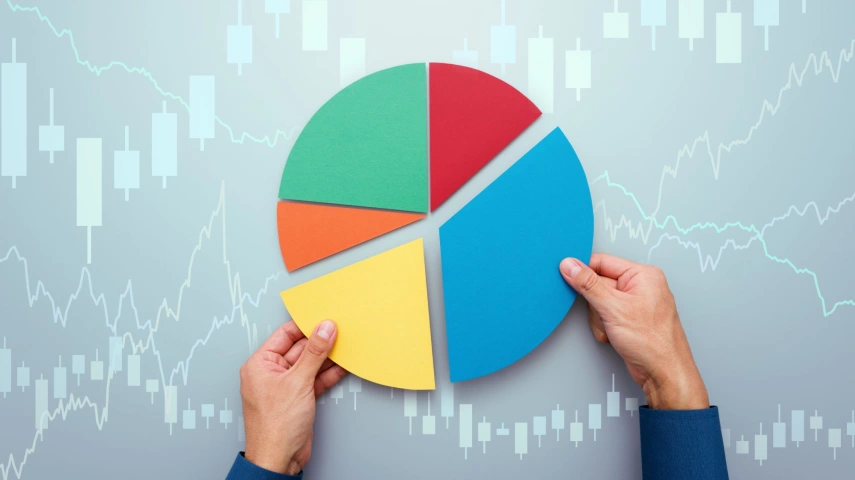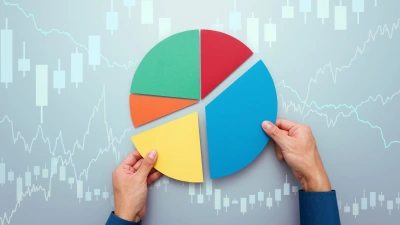The best-performing YTD fixed income asset classes



Research by VanEck has detailed which elements of fixed income and credit have performed the best since the start of 2024.
The firm’s Credit and Fixed Income Portfolio Compass compared the one-year and year-to-date performance for a variety of assets.
Over both time frames, the best-performing asset has been European bank hybrids which have returned more than 20 per cent over one year and more than 10 per cent since the start of the year in Australian dollar terms.
The firm noted that European hybrids provide a yield that is 150 bps higher than Australian bank hybrids despite offering similar Tier 1 capital ratio buffers.
“Global hybrid securities, which include instruments like contingent convertible bonds (CoCos) and other hybrid capital instruments, are an important part of the banking capital structure. These securities are designed to absorb losses during times of financial stress, providing a buffer to protect the core capital of banks.”
This is followed by European bank subordinated debt and listed global private credit which have both returned the same percentage YTD.
The asset which has returned the least over one year is Australian bank bills with less than 5 per cent. Since the start of the year, the asset which has seen the lowest return is global government bonds.
Looking specifically at Australian assets, the best-performing is Australian hybrids followed by Australian subordinated debt, Australian corporate bonds, Australian floating rate notes, Australian aggregate, Australian government bonds, and Australian bank bills at the bottom.
VanEck noted persistent services inflation remains “unresolved” in Australia and low unemployment will provide a catalyst for the Reserve Bank of Australia to possibly increase the cash rate rather than cut it if it feels a hike is necessary to aggressively dampen demand-side inflationary pressure.
Commenting on the results, VanEck said: “If the past 12 months taught investors anything, it’s that being selective and diversified is key to riding the economic cycle. Had investors avoided risk assets on the back of many economists calling the ‘most anticipated recession’ that never happened, they would have missed the stellar markets run led by higher yielding fixed income asset classes.
“In Australia, credit spreads may tighten due to favourable market dynamics, particularly in subordinated debt. Extending portfolio duration becomes increasingly attractive as the RBA edges closer to an easing cycle.”
Recommended for you
LGT Wealth Management is maintaining a neutral stance on US equities going into 2026 as it is worried whether the hype around AI euphoria will continue.
Tyndall Asset Management is to close down the Tyndall brand and launch a newly-branded affiliate following a “material change” to its client base.
First Sentier has launched its second active ETF, offering advisers an ETF version of its Ex-20 Australian Share strategy.
BlackRock has revealed that its iShares bitcoin ETF suite has now become the firm’s most profitable product line following the launch of its Australian bitcoin ETF last month.











